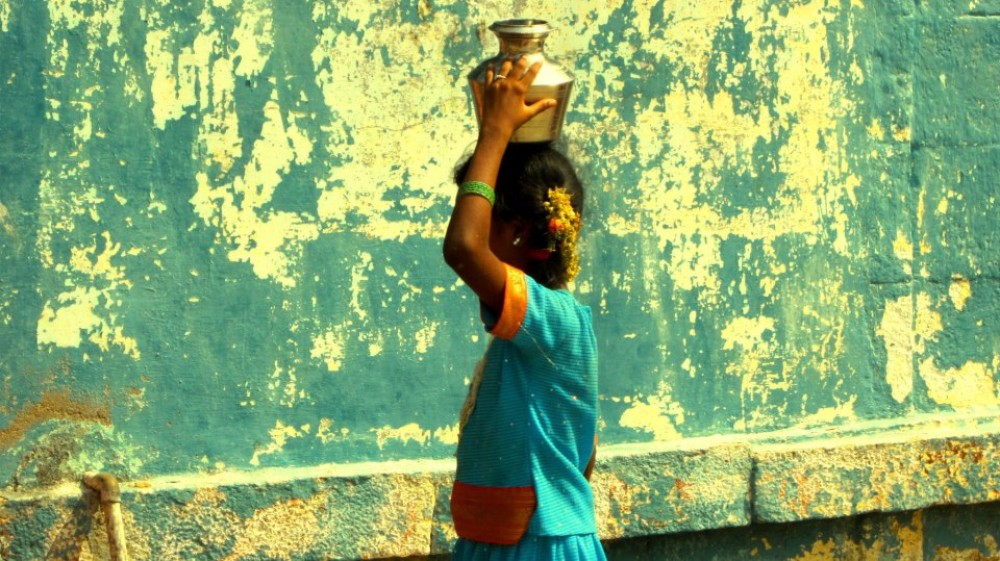By Justin Barbaro
In their comparative education report, Crul & Holdaway (2009) offer an extensive list of factors shaping educational attainment of two historically low-attaining migrant groups, Dominicans in New York City and Moroccans in the Netherlands. The authors identify factors including gender, parents’ educational attainment, financial resources, strong familial relations, school quality, and neighborhood as impacting migrant educational attainment in both locations. Discrimination represents another significant factor of impact recognized by the research team as, “shaping (migrant youths) educational careers and their future prospects” (p. 1485). According to the report, Moroccan students in the Netherlands are more likely than Dominican students in New York to be discriminated against because of their religion. Over the past decade, those of Dutch descent have demonstrated decreasing levels of tolerance towards its Muslim migrant population despite the fact the many second-generation youths do not actively practice Islam (p. 1485). According to one study (Boog, Donselaar, Houtzager, Rodrigues & Schiermer, 2006) 70% percent of young Moroccan migrants, in particular school-aged boys, reported “serious” incidents of discrimination or racism in 2005 (p. 1486).
The impact of discrimination and racism on Moroccan children’s’ educational attainment may prove as hard to measure as it is to assuage. One potential opportunity for Dutch schools to combat the wave of increased intolerance within the schoolhouse gates may include the implementation of the International Baccalaureate (IB) curricula within its public schools. The IB is a non-profit educational foundation providing k-12 curricula aimed at helping students around the globe develop the, “intellectual, personal, emotional and social skills to live, learn and work in a rapidly globalizing world” (IBO, 2013). Over the past twenty years a number of Dutch public schools have utilized various IB programs, first for gifted students and, increasingly within schools educating student populations representing more heterogeneous skill levels (Visser, 2010). One 2010 report estimates that over 100 Dutch public schools currently use at least one IB curricular program (Visser, 2010).
Theoretically, two of the five areas of interaction focus embedded within the IB curricula might serve as a mediator between in-school discrimination of Moroccan students in Dutch national schools and their curricular attainment. (IBO, 2013a) These five areas of interaction consist of approaches to learning, community and service, human ingenuity, environments, and health and social education. Curricula focusing on community and service as well as human ingenuity represent the two areas with legitimate potential to increase levels of tolerance within Dutch schools. According to the IB, community and service, “requires students to take an active part in the communities in which they live, thereby encouraging responsible citizenship” (IBO, 2013b). Curricula that allow for and encourage youth participation and service within their local communities provide potential opportunities for Dutch youth to move beyond the boundaries of the classroom in order to learn with and from migrants in their community. Additionally, the focus on human ingenuity allows, “students to explore the multiple ways the processes and products of human creativity, thus learning to appreciate and develop in themselves the human capacity to influence, transform, enjoy, and improve the quality of life” (IBO, 2013b). A deeper understanding of the processes of immigration and the ingenuity of immigrants, often in the face of scarce resources, may promote a greater appreciation of migrant community members among Dutch youth.
However, several limitations to the above propositions should be noted. First, the fidelity with which Dutch schoolteachers implement the IB curriculum might impact how it in turn influences the personal, emotional, and social skills of the students (Visser, 2010) Students may fail to grow these competencies if assigned to classrooms lead by teachers who fail to implement the IB with fidelity due to ideological opposition or limited pedagogical effectiveness. Second, the personal, emotional, and social skills of students may not benefit even if their teachers implement the IB curriculum with fidelity. Even exemplary pedagogical execution does not guarantee full or predictable internalization by students. Third, and most notably, even if IB curricula has the ability to increase tolerance at the school level there is very little evidence to support that it would directly impact levels of tolerance (or intolerance) within the greater community. Increased tolerance levels of Dutch youth can only be considered a positive outcome, yet the direct and indirect impact on Dutch adults who may be the primary social-norm-setters in the community might be only limited at best.
This blog post represents a preliminary literature-based exploration of how the implementation of IB curricula in Dutch national schools may increase levels of tolerance for Moroccan migrants at the school level. One potential next step might be a quasi-experimental longitudinal research design comparing the levels of migrant tolerance in Dutch national schools implementing IB curricula with those using another popular form of curriculum.
Justin Barbaro is a 3rd year PhD student in Education Leadership and a Graduate Research Assistant at the Klingenstein Center for Independent School Leadership at Teachers College.
References
Boog, I., Donselaar, J., Houtzager, D., Rodrigues, P., & Schriemer, R. (2006). Monitor
Rassendiscriminatie 2005 [Monitor race discrimination 2005]. Leiden, Netherlands: Universiteit van Leiden.
Crul, M., & Holdaway, J. (2009). Children of immigrants in schools in New York and Amsterdam: The factors shaping attainment. Teachers College Record, 111(6), pp. 1476-1507.
International Baccalaureate Organization (2013a). About the International Baccalaureate. Retrieved from < http://www.ibo.org/general/who.cfm>
International Baccalaureate Organization (2013b). Middle Years Programme at a glance. Retrieved from <http://www.ibo.org/myp/slidec.cfm>
Visser, A. (2010). International education in a national context: Introducing the International
Baccalaureate Middle Years Programme in Dutch public schools. Journal of Research in International Education, 9(2), 141-152.
Additional Readings
